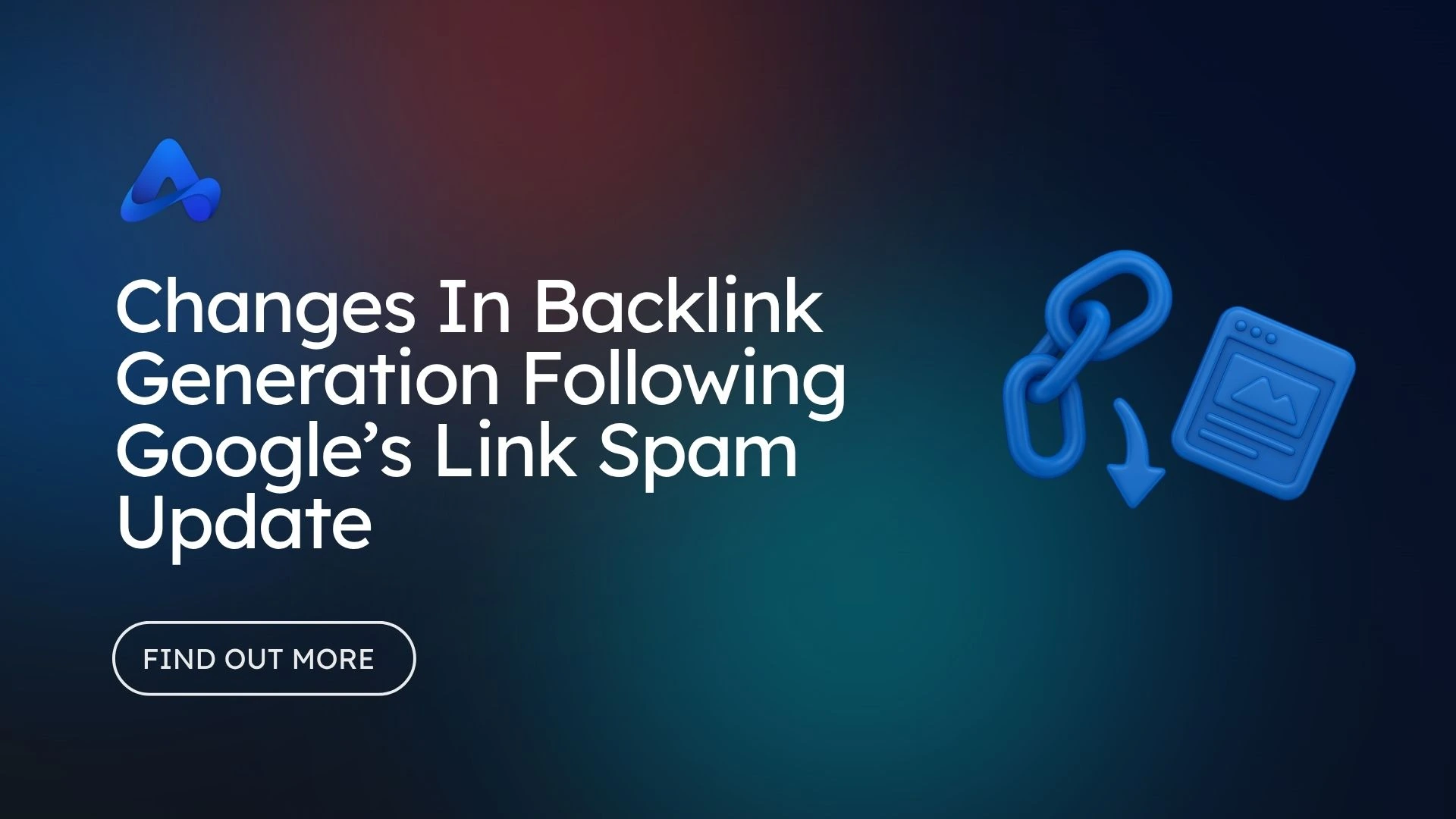Last month Google released its Link Spam Update to combat those using black hat SEO methods to generate high volumes of links back to their websites.
The basics of the update is that in Google’s own words it will ‘nullify’ malicious, machine generated links or those that don’t follow its best practices.
However, some of the practices outlined in their ‘best practices’ could mean that those websites with backlink profiles which were once good, will begin to see a dip in ranking performance over the coming weeks.
Whilst nearly all of us would not be using black hat practice in generating links, there are now things to be considered that if a site is repeatedly gaining links from the same domains as well as those links not being annotated correctly, Google will punish these websites for it.
With large changes being made to the way Google views affiliate links as well as sponsored or guest blog posting – there will need to be some changes in approach to the way backlinks are generated as part of a website’s SEO.
So how exactly can we be sure that the backlinks that are being generated for a site are not going to lead to penalties from Google? Well there are many tactics which will be unaffected but we’re going to dive in and take a look at the best methods available in generating quality backlinks now this update has rolled out.
Changes to Journalist Requests and Outreach
Journalist requests are one of the common ways in which sites can generate citations from high authority domains through offering insight regarding a journalist’s query for an upcoming article.
Typically, when receiving or reaching out for such requests, responsible SEO’s will check various aspects of the site on which the article will be published to ensure the backlink will benefit them should they get a mention.
These will include things such as the site’s Domain Authority (DA), it’s spam score and whether or not the site is publishing citations with ‘dofollow’ or ‘nofollow’ links.
However, some sites that link multiple sites over frequently, and those that are linking the same sites with monotonous regularity are now being punished under the new link spam update.
This suggests that if you’re spotting signs of the same sites being linked across a source’s articles or they are attributing a high amount of outbound links in each post – gaining a link from the website could actually be harmful to your website’s rankings.
Content is also being monitored in larger depth as part of the update, and whilst it’s unlikely that a journalist will publish submitted content that is irrelevant to their article. It is worth noting that when submitting content to a journalist request, you should give some added attention to the relevance of the source’s article and how it can relate to the page which you are trying to generate the backlink for.
Changes To Sponsored Posts
Sponsored posts have become a way for sites with a high DA to monetize their blog feeds. By accepting to publish your content with a link back to your website in exchange for a sum of money dependent on the DA and traffic that the blog receives.
Google’s Link Spam update has now highlighted the fact that those who are publishing sponsored posts on their sites feed with links back to the author’s website will need to adhere to stricter guidelines. Else they will be seen, in the eyes of Google, as part of a link scheme and both their own and author’s websites will suffer in search ranking positions.
If posts are failing to attribute the correct tags to sponsored links or they are posting excessive sponsored content (duplicate or not) Google has stated that algorithmic actions will be applied to help combat those who are misusing this link building technique.
This shouldn’t change too much to the way that SEO’s approach sponsored posting as a backlink generation strategy. In truth, these practices have been seen as ‘black hat’ for some time. However, what it does mean is that, similar to the Journalist Request changes, SEOs should be on the lookout for any sites that don’t meet these guidelines when they are searching for sites to approach with sponsored or guest content.
Changes to Product Affiliate Links
This is less of a change and more of a reminder from Google regarding their best practices for those generating affiliate links to specific product pages on their websites.
It’s no secret that duplicate content is harmful in regard to SEO, although as part of their update, Google have felt the need to add a reminder on the negative impact that thin affiliate content will have on ranking factors.
Their definition of thin affiliate content is that which copies things such as product descriptions and reviews directly from product pages when adding an affiliate link to a separate site. Or if the main purpose of the linking site is to share affiliate links and the site as a whole offers little to no original content on the site at all.
Whilst there is no major change here, it is certainly worth noting that if Google is taking the time to highlight this in its latest update, then those who have previously had links from affiliate pages will need to disavow these if they have not already.
Google’s emphasis on including this in their reminder seems to demonstrate a consensus that those who have links from thin affiliate pages are going to be punished more severely than previously by the search engine.
Overall Conclusion
In conclusion, there are minor changes that need to be made in the way that SEO’s approach backlink generation in the wake of this latest Google update. However, it would seem as though Google has taken this opportunity to publish an update (that as a whole) acts to serve as a reminder of what not to do, rather than a change of approach in what should be done.
What do you think? Have you any thoughts on how Google’s latest Link Spam Update will affect ranking factors? If so, what are your suggestions on how to combat this? Let us know in the comments section…


0 Comments